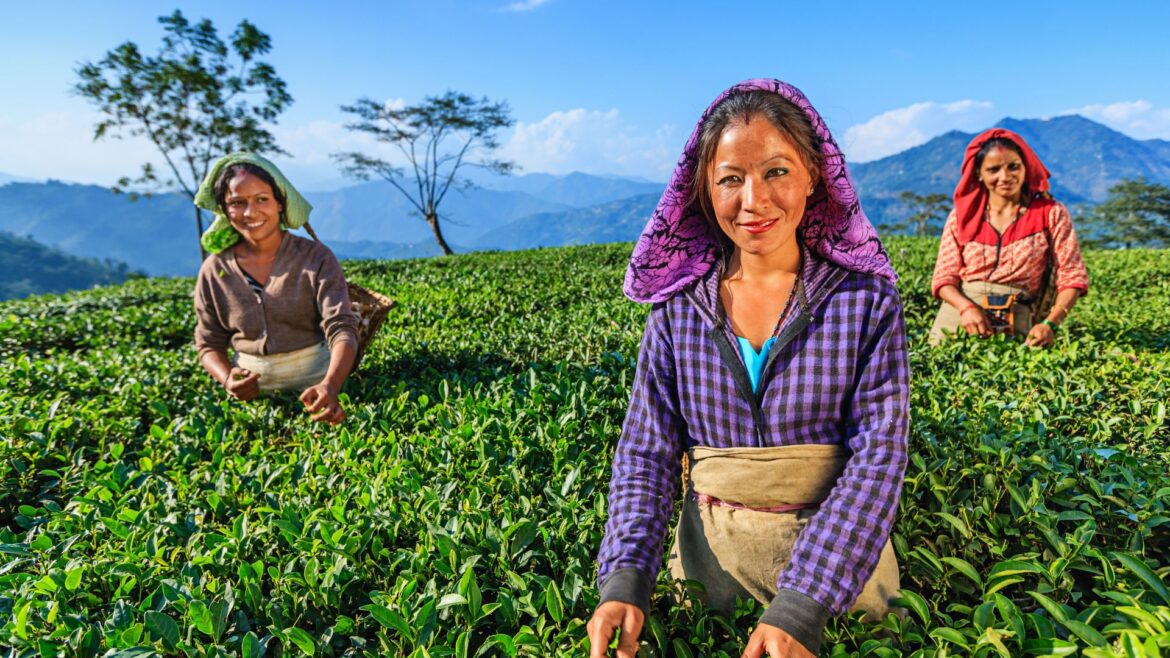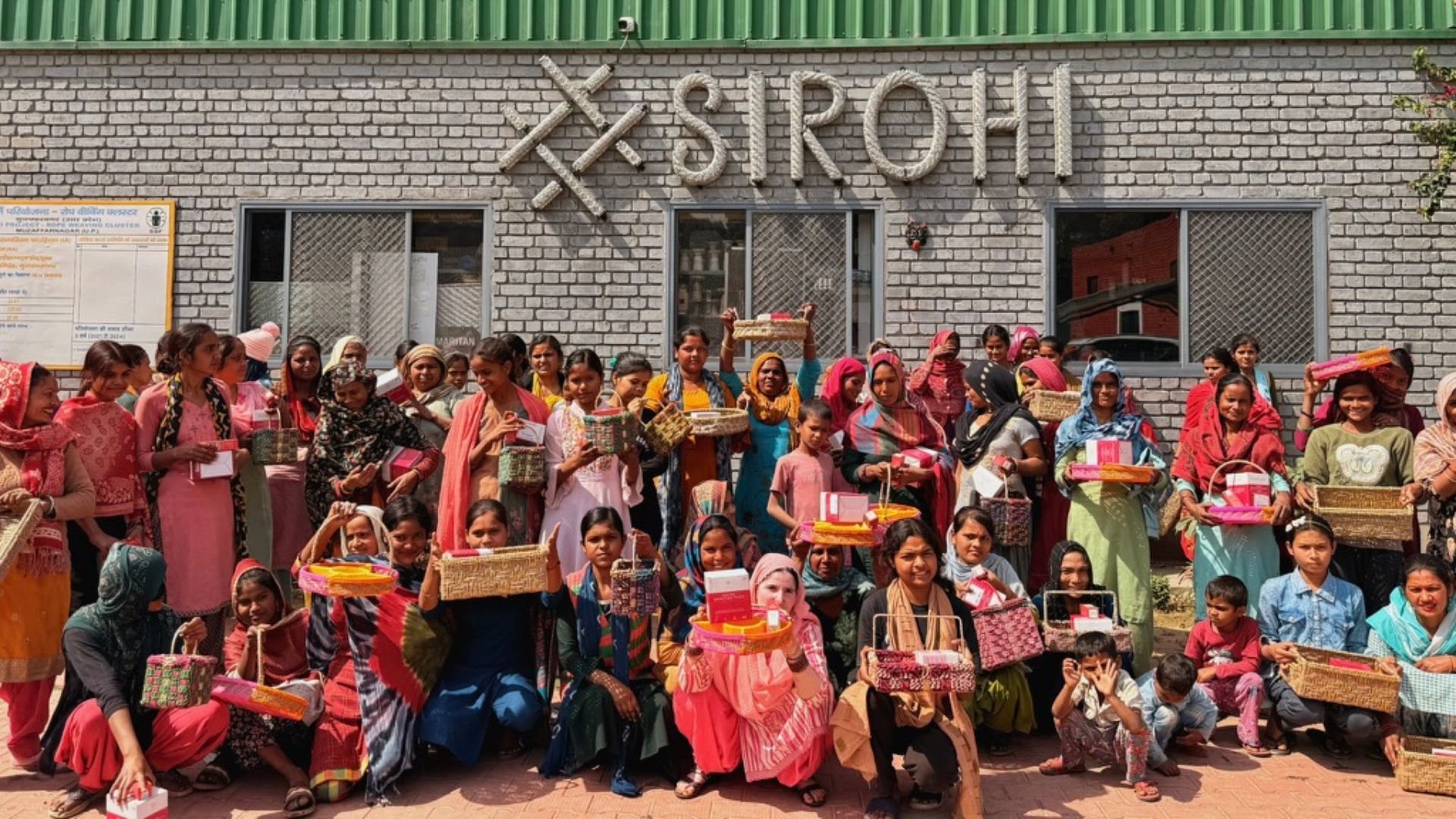Empowering Women Through Financial Inclusion in India: Importance, Challenges & Govt. Schemes
Financial Inclusion of women is a critical tool that can no longer be ignored for socio-economic development of India and for empowering it’s women

The initiative will enable rural women to access land rights and ownership, thereby fostering independence, self-reliance, and financial security.
The Land for Women (LFW) is a transformative initiative aimed at addressing systemic gender inequality and enhancing the economic empowerment of marginalized women in rural India.
Inherently in India, patriarchal norms dominate making it difficult for women to own land. Traditionally in India, property rights are passed down through the male lineage and women are often seen as dependents. Even though there are laws in place granting daughters equal rights to the ancestral property, its implementation remains weak. Due to lack of education, many women are unaware of their rights of owning a land.
Cultural practices and social norms often discourage women from claiming their inheritance. It is common for women to be expected to forgo their property rights in favour of male relatives to maintain family harmony.
Women who attempt to claim land rights often face resistance and pressure from their families and communities, which can include threats, harassment, and social ostracism.
Challenges faced by women when it comes to land ownership in India are immense. Land for women is definetly a good initiative but not an easy one to implement. Addressing many challenges requires legal reforms, awareness campaigns, education, and support systems to empower women to claim and retain land ownership
The land for women initiative focuses on providing rural women with legal access to land rights. This involves working with local authorities and communities to ensure that women can claim and secure ownership of land which legally belongs to them.
By securing land ownership, women are empowered to utilize the land for agricultural activities, which is a primary source of livelihood in rural areas. Ownership of land enhances their ability to produce food, generate income, and improve their economic status.
Land ownership enables women to become more independent and self-reliant. With land as a valuable asset, they can access credit, invest in their land to increase productivity, and reduce their dependence on male family members for financial support.
Economic independence and security can help reduce the vulnerability of women to gender-based violence. Land ownership provides them with the means to leave abusive relationships and live independently.
Owning land provides women with a sense of financial security. It acts as a safety net in times of economic hardship and can be used as collateral for loans. This security helps in alleviating poverty and improving the overall quality of life for women and their families. It also significantly improves the social status of women in rural communities. It challenges traditional gender norms and promotes gender equality.
The land for women initiative requires involvement of experts in gender equality, land rights, and rural development. On-ground partners, including local NGOs and community organizations, play a critical role in implementing the programme and ensuring it meets the specific needs of the communities.
Training and capacity-building initiatives are important to educate women about their land rights and the legal processes involved in claiming ownership. This includes providing information on how to navigate the bureaucratic processes and access legal support.

Financial Inclusion of women is a critical tool that can no longer be ignored for socio-economic development of India and for empowering it’s women

Development activities in Ladakh must be done keeping in mind the ecological threat and impact in the region

In the bustling landscape of modern India, there are women artisans working towards making a change. A change to their own lives and to the environment - one thread at a time.

